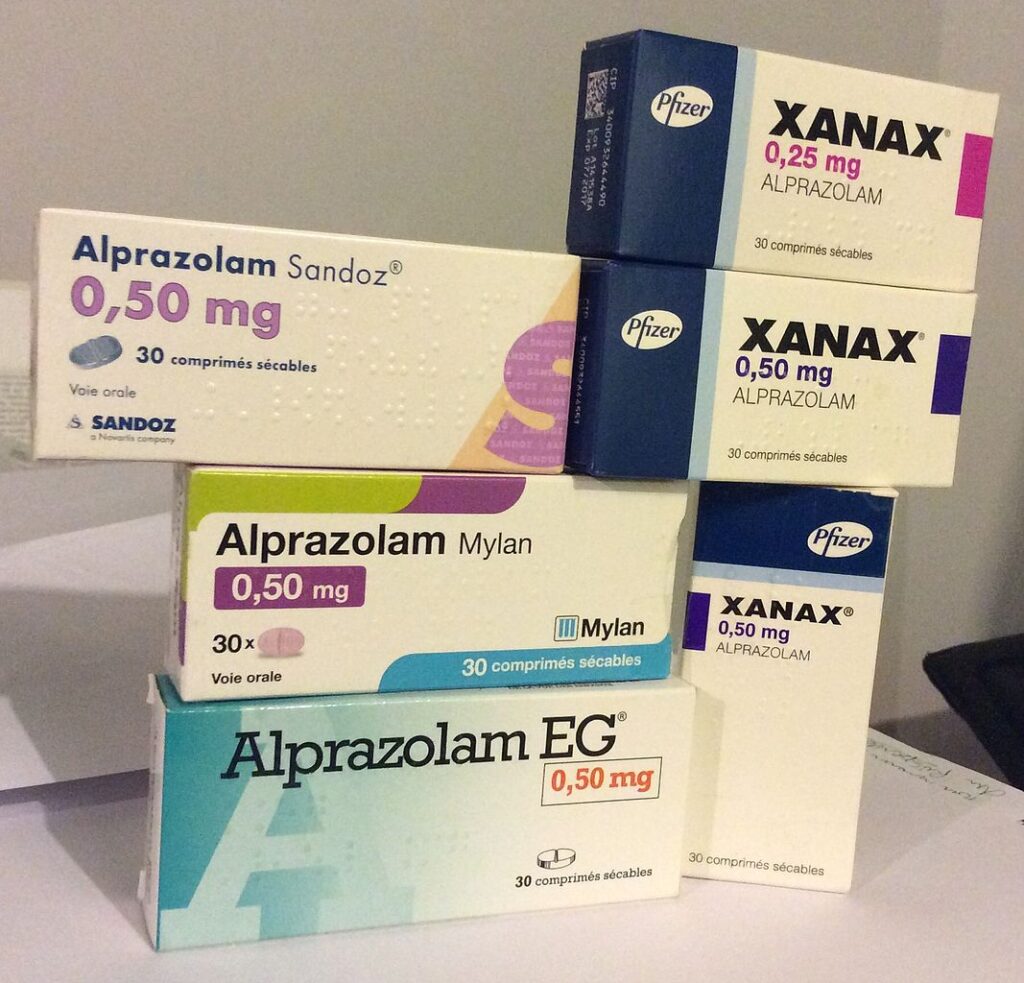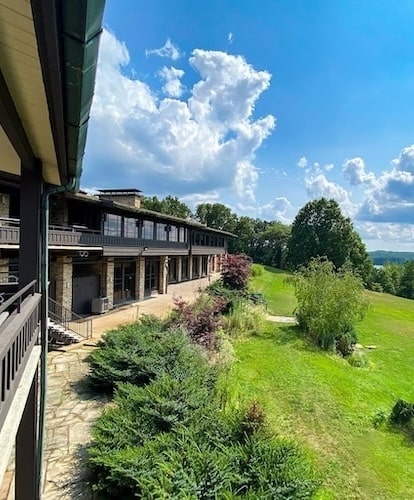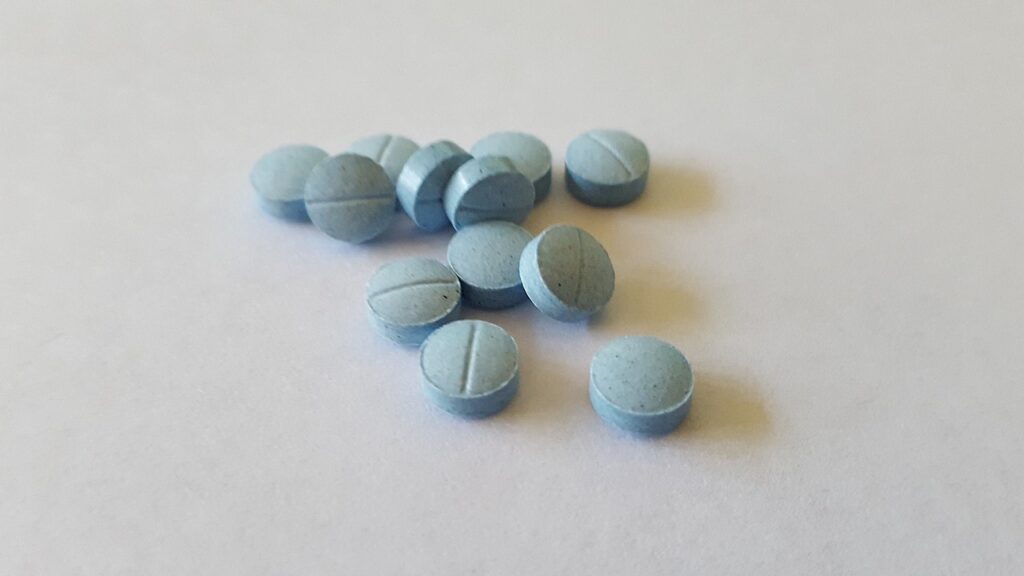Benzodiazepines, commonly known as benzos, are a class of drugs prescribed to treat conditions such as anxiety, insomnia, and seizures. While effective for their intended medical uses, benzos carry a high risk of dependency and addiction. Overcoming an addiction to benzodiazepines is a challenging journey that often requires professional intervention. This article delves into the methods used in benzo addiction treatment and underscores the support available through The Bluffs Addiction Campuses.
Understanding Benzo Addiction
An addiction can develop quickly, often within a few weeks of regular use, leading to physical dependence and withdrawal symptoms upon cessation. This cycle makes quitting benzos particularly difficult without professional help. The sedative effects of benzos, while initially prescribed for legitimate medical reasons, can escalate into misuse and addiction, posing significant risks to an individual’s physical and mental health.

Treatment Approaches in Rehab for Benzo Addiction
Effective treatment for addiction typically involves a combination of medical detox, therapy, and long-term support. These components work together to address the physical dependence and the psychological aspects of addiction.
Medical Detox
The first step in treating benzo addiction is often a medical detoxification process, carefully supervised by healthcare professionals. This phase is crucial for managing withdrawal symptoms safely and minimizing discomfort. Withdrawal from benzos can be severe and, in some cases, life-threatening, making medical oversight essential. The detox process may include the use of medications to ease symptoms and prevent complications, ensuring a safer transition to sobriety.
Cognitive Behavioral Therapy (CBT)
CBT is a cornerstone of addiction treatment, helping individuals understand the thought patterns and behaviors that led to their addiction. Through CBT, patients learn coping strategies to deal with triggers and cravings, fostering healthier responses to stress and anxiety without relying on substances.
Individual and Group Therapy
Rehab programs often incorporate both individual and group therapy sessions. Individual therapy provides a private setting to explore personal issues and develop tailored coping mechanisms. Group therapy offers peer support and the opportunity to share experiences and strategies with others facing similar challenges, promoting a sense of community and understanding.

Family Therapy
Addiction affects not just the individual but their entire family. Family therapy sessions can help repair relationships and improve communication, creating a supportive environment that is conducive to recovery.
Aftercare Planning
Sustaining recovery from benzo addiction requires ongoing support. Rehab facilities typically offer aftercare planning services, including referrals to therapy, support groups, and sober living environments. This ongoing support is vital for preventing relapse and maintaining the progress made during treatment.
Get Help for a Benzo Addiction Through The Bluffs Addiction Campuses
At The Bluffs Addiction Campuses, we understand the complexities of overcoming addiction. Our team of compassionate professionals is dedicated to providing the highest level of care, tailored to meet the unique needs of each individual. With a comprehensive approach that includes medical detox, therapy, and long-term support, we are committed to guiding our clients toward a life of recovery and well-being.
If you or a loved one is struggling with addiction, we are here to help. Call us at (330) 919-9228 to learn more about our treatment programs and how we can support you on the journey to recovery.








